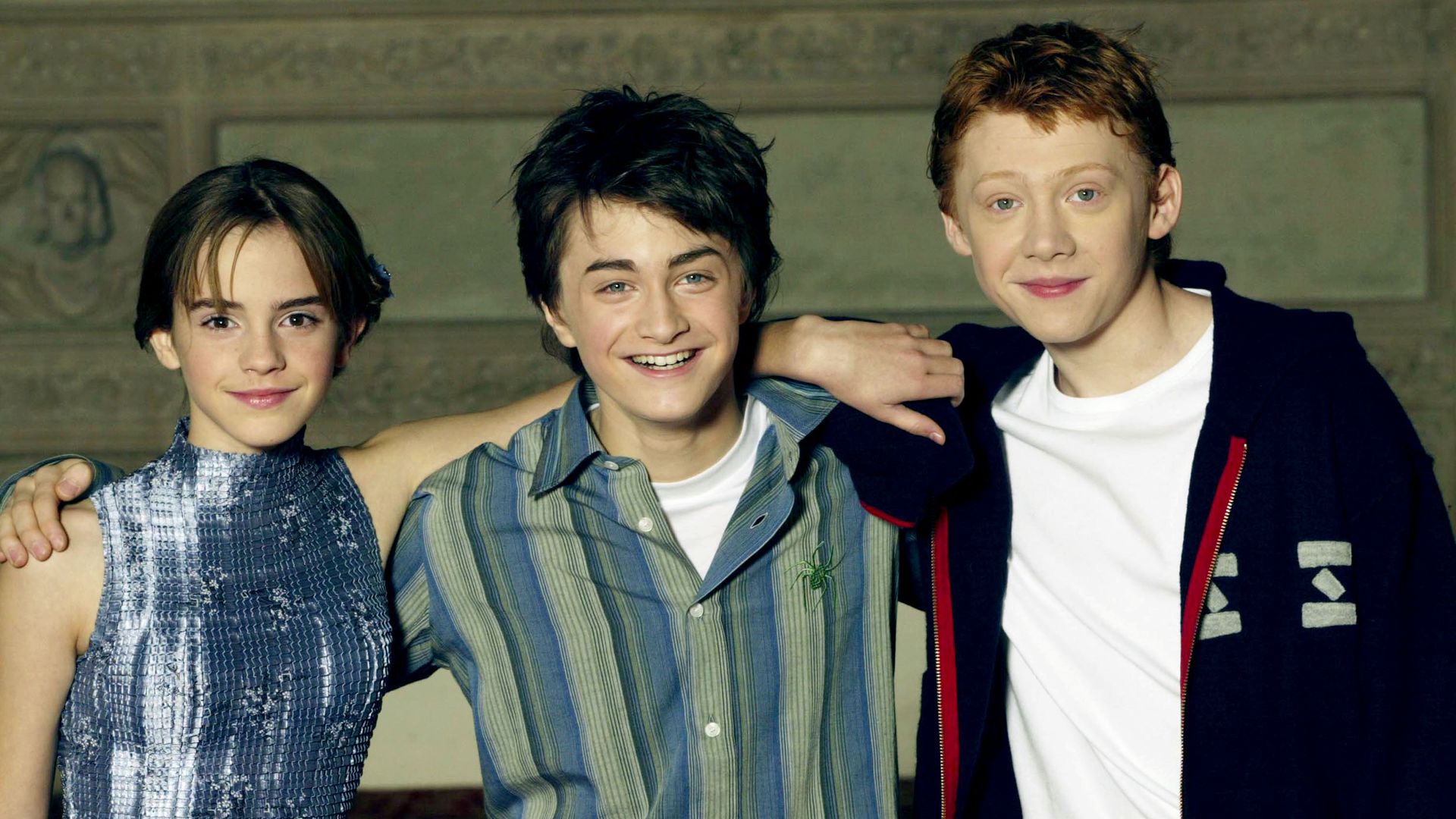Al-Qaeda commander convicted of war crimes in Guantánamo Bay

GUANTANAMO BAY, Cuba — A former al-Qaida commander who admitted his insurgents killed 17 U.S. and allied troops during the Afghanistan war in the early 2000s will spend another eight years in prison under a plea agreement announced Thursday.
The 63-year-old prisoner, Abd al-Hadi al-Iraqi, has been in U.S. custody since 2006 and made the deal two years ago. The military judge, Colonel Charles L. Pritchard Jr., officially announced the conditions at Guantánamo Bay shortly after a military jury sentenced Hadi to 30 years in prison, the maximum sentence in his war crimes trial.
The result was part of a secretive system known as military commissions, which allows prisoners to negotiate a plea deal with a senior Pentagon official in charge of overseeing the court-martial, but requires the formality of a jury verdict in every case.
The jury of 11 judges rejected arguments by Hadi’s defense that the prisoner deserved leniency or even clemency because of his early humiliations in CIA custody, his later cooperation with U.S. investigators and his poor health.
“Justice was served today,” said Bill Eggers, whose son, Captain Daniel Eggers, 28, was killed in a roadside bombing carried out by Hadi’s fighters. Eggers, who has attended trials in the case since 2017, said he viewed the jury’s decision to give Hadi the harshest possible sentence as a just conclusion, despite the reduced sentence provided by the deal.
Eggers and his daughter were among six people who testified about their defeat during last week’s two-week criminal trial.
Hadi appeared stoic as the verdict was announced. Unlike the jury, he was aware of the deal that reduced his sentence to 10 years in prison, starting with his guilty plea in June 2022. Disabled by a crippling spinal condition and a series of surgeries at Guantanamo, he sat in a padded therapy chair in the courtroom, listening through a headset with Arabic translation.
The case was unusual for the court, which was set up after the September 11, 2001, attacks to prosecute terrorism as a war crime. Although prosecutors described Hadi as a member of al-Qaeda’s inner circle before the attacks, his confession did not indicate that he had any prior knowledge of the plot.
Instead, he admitted to commanding insurgents who illegally used civilians’ disguises in attacks in Afghanistan in 2003 and 2004 that killed 17 U.S. and coalition troops. For example, he had a fighter pose as an ordinary driver in a taxi loaded with explosives.
He also admitted serving as al-Qaeda’s liaison with the Taliban before the September 11 attacks and providing some of his troops in March 2001 to help blow up monumental Buddha statues in Afghanistan’s Bamiyan Valley, a UNESCO World Heritage site.
The prisoner, who says his real name is Nashwan al-Tamir, was captured in Turkey in 2006 and held incommunicado by the CIA for about six months. Under the law, he was not entitled to credit for that time or for the 15 years and eight months he spent in U.S. custody before entering his guilty plea in 2022. If released in June 2032 under the agreement, he would have been held as a prisoner of the United States for more than 25 years.
But Hadi’s future is uncertain. Court-martial lawyers argue that a prisoner can be held at Guantanamo even after his sentence ends, as long as the war on terrorism continues. Alternatively, the US could transfer him to the care of a partner country under the agreement, provided one can be found that can provide specialized medical care and is willing to monitor Hadi’s activities.
Members of his defense team, which included lawyers from the Army, Air Force and Navy, appeared dejected when the verdict was announced.
“He has shown remorse,” said Susan Hensler, a civil lawyer who led the team. “He understands the gravity of the crime he pleaded guilty to, but he is counting on the United States to keep its promise to transfer him to a partner country with a health infrastructure that will take care of him.”

)

